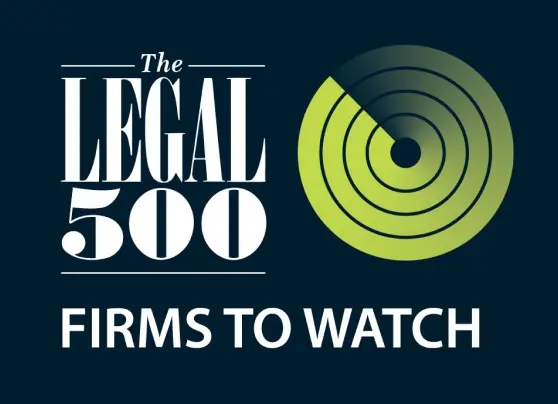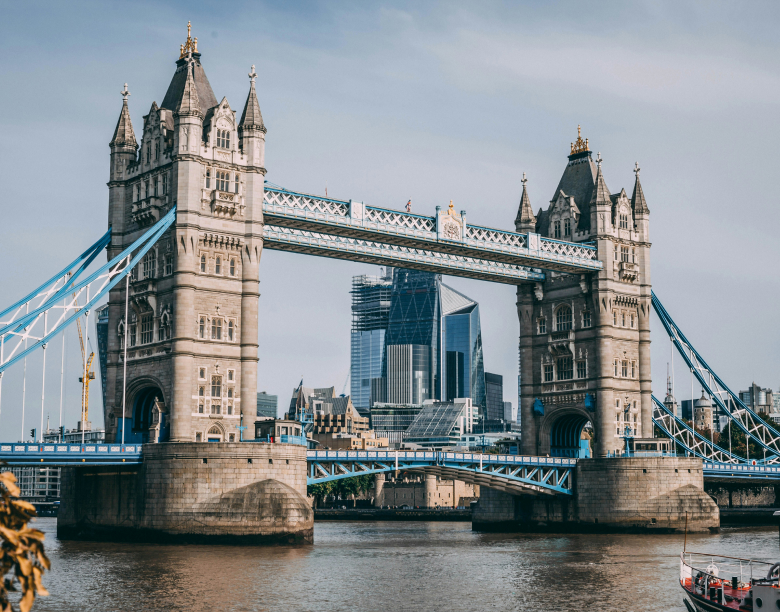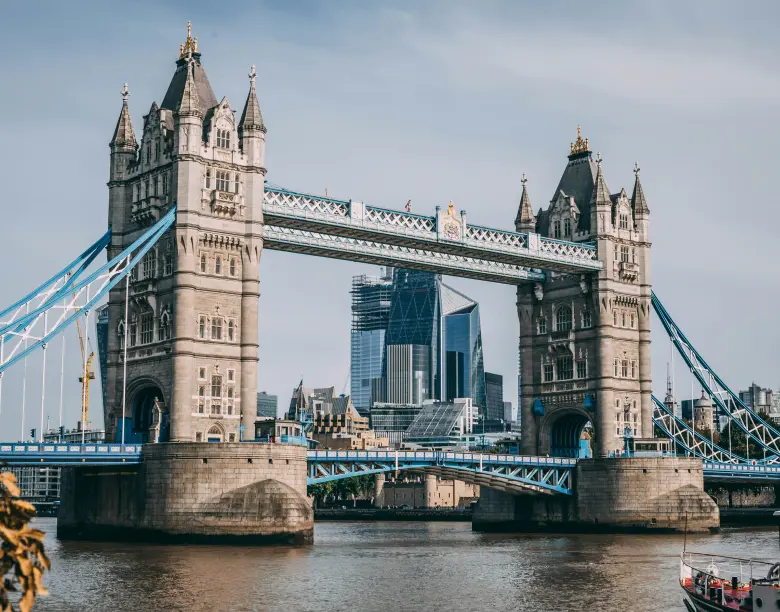UK Work Visas



Rated 5.0 on Google
Here’s How We Can Help
Here’s How We Can Help
At Rove Legal, we recognise the enormous potential that the United Kingdom and its economy presents to ambitious individuals across the globe. Fortunately, the Home Office offers a number of business visas that grant applicants with permission to live, work, conduct business and invest in the UK. Unfortunately, knowing which visa best applies to your situation can be confusing and demanding.
We offer one-to-one support to our clients applying for Global Talent, Start-up and Innovator visas, as well as facilitating extensions or switches for those with existing Investor and Entrepreneur visas. Contact us today for personalised legal advice from our specialist immigration lawyers.
- 5.0/5
We scored 5.0/5
What makes Rove Legal your ideal partner?
What makes Rove Legal your ideal partner?
Sponsor Licence regime has seen many changes over the past few years. The Home Office constantly introduces new procedures to strengthen compliance which has made the process of acquiring and maintaining your licence a legal minefield.
A truly bespoke support
We provide a one-to-one service, bypassing the typical bureaucracy found in larger firms.
From Sponsor Licence application to requesting CoS (Certificate of Sponsorship) we are always accessible to ready to support you.
Proactive Advice
Whether you’re thinking about getting your sponsor licence or looking for support with CoS issuance, we’ll take a proactive approach and anticipate any potential issue that may need fixing before they become problems.
Expert Lawyers
We’re a law firm, not an immigration advisory, adhering to the highest standards of client care and ethics regulated by the SRA.
Your case will be managed by an experienced solicitor, not case workers or paralegals.



Our Process
3 Easy Steps to Your Visa
3 Easy Steps to Your Visa
Say goodbye to complicated immigration applications and endless documentation. Our senior partners are ready to make the process smooth and easy for you!
Fill in our contact form with a brief overview of your situation and we will be in touch as soon as possible to schedule a free consultation with our immigration law experts.
During your free consultation, we will provide guidance on how we can support you with your immigration needs. Once we have assessed your current situation and objectives, we will advise on the best course of action.
Once you have approved the quote, we will supply you with our full terms of business. After the terms have been agreed to, we will work closely with you (or on your behalf where appropriate) to achieve your immediate and long-term UK immigration goals.

Facilitating Global Talent Acquisition for an American EV Automotive Company

Immigration Guidance for a US Law Firm’s UK Expansion

Sponsor Licence Application for UK CEO and Specialists in Renewable Energy Project

Global Recruitment Support For One of the Largest Vertical Farming Units in The World

European Private Equity Firm Expands in UK with Sponsor Licence & Global Mobility

FCA Regulated Bank Secures Sponsor Licences for Senior Leadership and Key Workers
Our Testimonials
Our Testimonials

This firm can only be described as excellent. Their knowledge of immigration law is second to none. The fast efficient way that they deal with situations is first-class professionalism at its very best. Once you have used Jay and his team you will never use anyone else.

Jay Moghal of Rove Legal is extremely professional and has deep and impressive knowledge of all aspects of immigration law and procedure. He is creative and a great communicator, fierce and energising, encouraging the pursuit of his clients’ cases with impeccable judgement. I would not hesitate to recommend Jay. His knowledge and professionalism shines through in every event.

Jay and his team assisted with switching over from a student BRP to a spousal one. All I had to do was show up to my appointment and take my fingerprints/photos. They handled the rest! What a dream.

Rove Legal were an absolute dream to deal with. Jay Moghal was our appointed lawyer and he was excellent to deal with. He ensured we submitted all of the required documents and when our application was delayed with COVID challenges he chased the UK Government to expedite the issue and ensure a successful outcome. Highly recommend Rove Legal and Jay to anyone who needs immigration to support.

Highly recommended. Jay is a thorough professional, who reviewed the case in depth, looked after all the aspects and his suggestions on what I should submit with the case were spot on. I don’t think my case would have been accepted without his help.

I had a very good experience with Mr Jay Moghal. I faced a couple of problems and appreciate his professionalism and transparency to deal with my issues and solve the problem. I highly recommend him.







